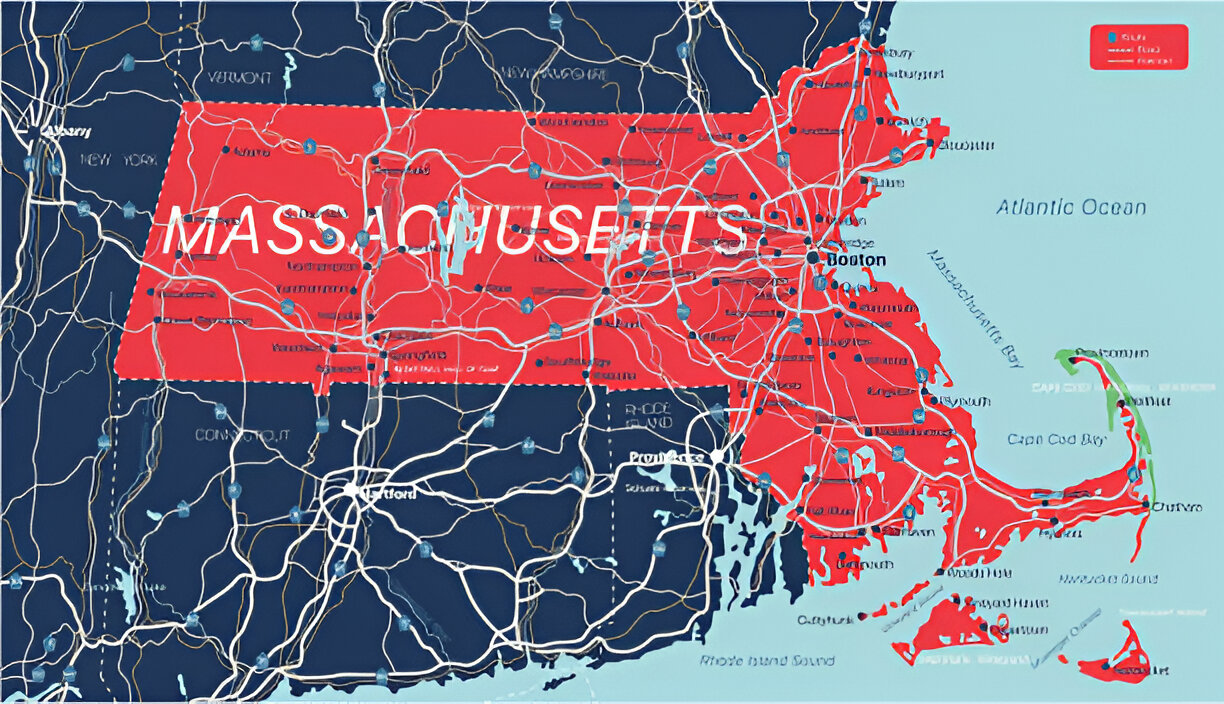By Chris Van Buskirk
Boston Herald
(TNS)
Massachusetts’ voter-approved “millionaires tax” delivered roughly $2.2 billion last fiscal year, a massive haul that shot past original projections set by Gov. Maura Healey’s administration.
State budget writers said Friday the 4% surtax on incomes over $1 million managed to generate hundreds of millions more for transportation and education projects than expected during its first full year on the books. Beacon Hill decided to spend only $1 billion in surtax revenue in the fiscal year 2024 budget and left any dollars collected beyond that threshold for reserve accounts.
Administration and Finance Secretary Matthew Gorzkowicz said revenue officials projected in January 2023 that the state could collect up to $1.7 billion in revenue from the surtax but realized by April that the haul was going to be much bigger.
Andrew Farnitano, a spokesperson for Raise Up Massachusetts Coalition, a group that backed the push for the surtax in 2022, said it is “exciting” that the surtax exceeded expectations and allowed for “transformative” improvements to transportation and education.
“These are really big changes that are making the state more affordable for working families, putting money in the pockets of working people, and making our state more competitive,” he told the Herald. “During the campaign, opponents expressed a lot of skepticism that the tax would live up to expectations or generate as much funding as we projected, and this is even more evidence that the Fair Share Amendment is working exactly as it was intended to.”
Voters approved the “millionaires tax,” also known as the “Fair Share Amendment,” through a ballot question in 2022, which supporters argued was a “once-in-a-generation” opportunity to collect money for critical projects in the transportation and education sectors.
During the campaign, proponents said the surtax could bring in around $2 billion. But opponents warned it would push high earners out of the state and hurt small businesses.
Advocates were experiencing a “short-term sugar high” on Friday, said Paul Craney, a spokesman for the Massachusetts Fiscal Alliance, which was part of a group opposed to the surtax in 2022.
“When this tax was implemented, the Tax Foundation slid Massachusetts 12 states down for its economic competitive index. Long term, it’s going to do a lot more harm than any good for the short term amount of money it brings in,” he said.
In fiscal year 2024, lawmakers set aside $524 million in surtax dollars for education initiatives, including $229 million to allow those 25 and older to obtain a degree or certificate for free through any community college.
Another $477 million was marked for education projects, including improving accessibility at MBTA stations.
Legislators and Healey’s budget-writing office agreed to budget $1.3 billion in surtax revenue for fiscal year 2025. In the budget Healey signed last month, elected officials approved $762 for education proposals and $538 million for transportation initiatives.
Among the spending decisions was $117 million to permanently offer free community college to students by covering tuition and fees.
“I really believe this is our future. We talk about Massachusetts being more competitive, when I go out across the whole state, I don’t hear taxes is the reason we need to be more competitive. I hear the high cost of higher education, the high cost of child care, early education and care,” Senate President Karen Spilka said last month.
The Healey administration cannot use the money collected under the surtax to balance the state’s fiscal year 2024 budget.
Massachusetts ended fiscal year 2024 $233 million below revenue projections once the Healey administration factored out the money collected under the “millionaires tax,” according to Gorzkowicz. Benchmarks for the fiscal year were lowered by $1 billion in January amid sagging returns.
Gorzkowicz said the administration felt very comfortable that the state would close out the year in balance without drawing money out of Massachusetts’ multi-billion rainy day fund.
Taxes, he said, only account for 60% of the state’s total revenue haul for the year and officials are still working through the remaining 40%.
Healey is expected to file legislation closing the books on fiscal year 2024 around Labor Day, Gorzkowicz said.
_______
©2024 MediaNews Group Inc. Visit at bostonherald.com. Distributed by Tribune Content Agency LLC.
Thanks for reading CPA Practice Advisor!
Subscribe Already registered? Log In
Need more information? Read the FAQs




